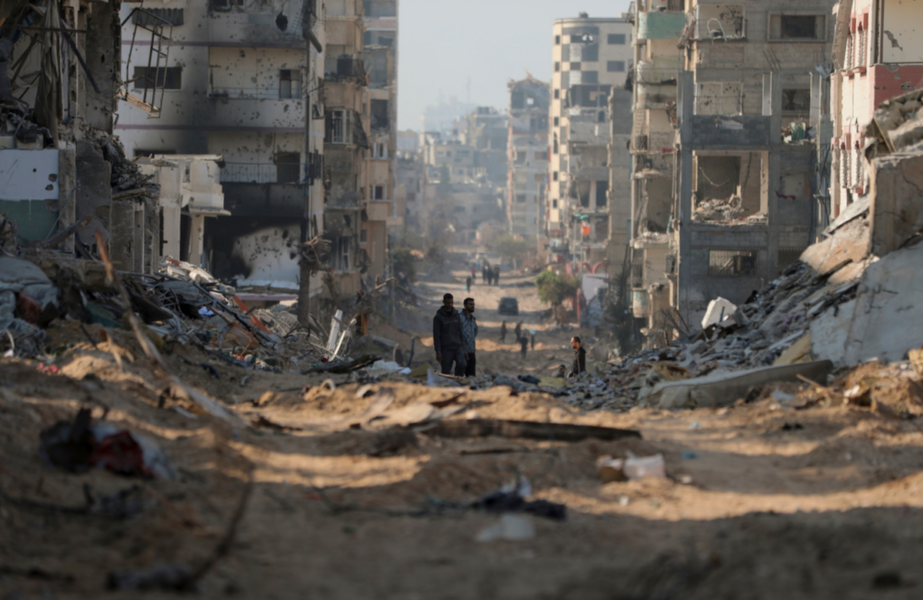While Karl Marx passed away long before the establishment of Israel and the current Israel-Palestine conflict, we can explore how his theories and writings might be applied to understand his possible perspective on such a situation.
Marx’s General Views on Oppression and Colonialism
Marx was a strong critic of imperialism, colonialism, and the exploitation of one group by another. In his writings, particularly in works like The Communist Manifesto and Capital, Marx argued that the struggles between oppressors and the oppressed, between those who hold power and those who are subjected to it, are central to understanding the course of human history.
He was outspoken against European colonial projects that subjugated local populations for the sake of economic gain and political power. For example, he criticized the British colonization of India, exposing how it was driven by capitalist interests at the expense of the local populace. He believed that colonialism served the interests of the bourgeoisie and was a form of economic exploitation and domination over weaker nations.
Applying Marx’s Theories to the Israel-Palestine Conflict
If we were to apply Marx’s framework to the modern-day Israel-Palestine conflict, it’s possible he would interpret it through the lens of class struggle, imperialism, and the interests of the ruling elites.
- Oppression and Displacement:
- Marx would likely see the ongoing displacement of Palestinians, land seizures, and the military actions by Israel as forms of imperialist aggression, reflecting a broader struggle between a powerful state apparatus supported by Western imperial powers and a marginalized, oppressed population.
- He might argue that the Palestinians are facing the consequences of colonial-style land grabs and oppression, driven by a combination of capitalist interests and nationalist ideology.
- Critique of State Power:
- Marx was critical of the role of the state in perpetuating systems of oppression. He could have viewed the Israeli government’s actions as those of a state apparatus that exists to serve the interests of a dominant, elite group (in this case, potentially aligning with the interests of Zionist settlers and their allies).
- The use of military force, surveillance, and legal measures to suppress Palestinian resistance could be seen as a manifestation of state power protecting property rights and territorial claims.
- Economic Factors:
- Marx might also focus on the economic dimensions of the conflict, examining how control over land, resources (like water and gas fields), and economic leverage are used to maintain power over the Palestinian territories.
- He could argue that the economic blockade of Gaza and the restriction of resources and trade are mechanisms to control and exploit the Palestinian working class.
- International Solidarity and Revolution:
- Marx would likely advocate for international solidarity with the oppressed Palestinians, similar to how he supported anti-colonial movements and working-class struggles around the world.
- He might call for a unified front among oppressed groups globally, seeing the Palestinian struggle as part of a larger, global fight against imperialism, capitalism, and oppression.
Marx’s Potential Critique of Both Sides
While Marx would likely sympathize with the plight of the Palestinians as an oppressed group, he might also critique both Israeli and Palestinian leaderships if he perceived them as serving capitalist interests or perpetuating systems of division that hinder class solidarity. For Marx, any leadership that did not prioritize the working class and oppressed peoples’ liberation from both capitalist and colonial structures would be subject to critique.
Conclusion
In essence, while we can’t know for sure what Marx would have specifically said about the Israel-Palestine conflict, his theoretical framework suggests he would likely view the situation as a complex interplay of imperialism, state oppression, economic exploitation, and the struggle of an oppressed people against colonial forces. Marx would probably emphasize the need for solidarity with the oppressed, seeing their liberation as part of a broader revolutionary struggle against capitalism and imperialism.

